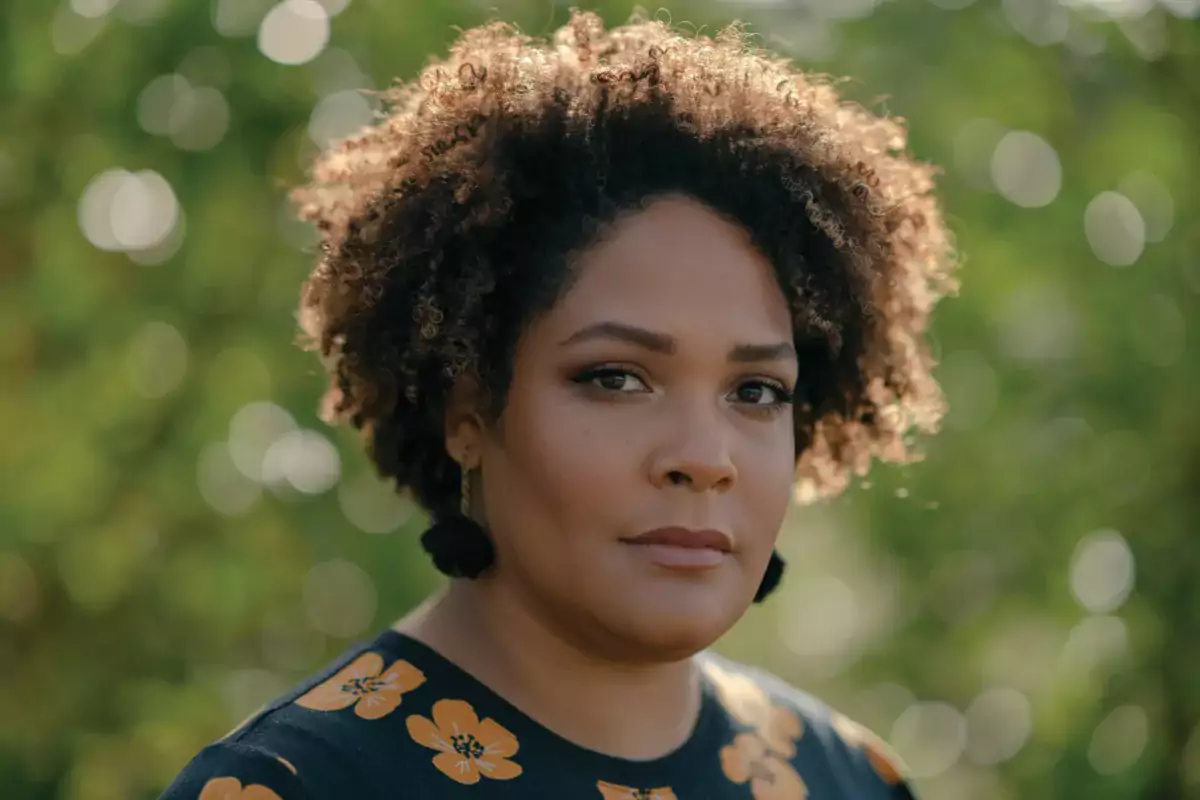
Be a Revolution: How Everyday People Are Fighting Oppression and Changing the World—and How You Can, Too
I realized that I had fallen victim to one of white supremacy’s greatest weapons: the war on imagination.

I realized that I had fallen victim to one of white supremacy’s greatest weapons: the war on imagination.

The Appeal spoke with Robert Saleem Holbrook about the long-standing solidarity among liberation movements for Black Americans and Palestine.
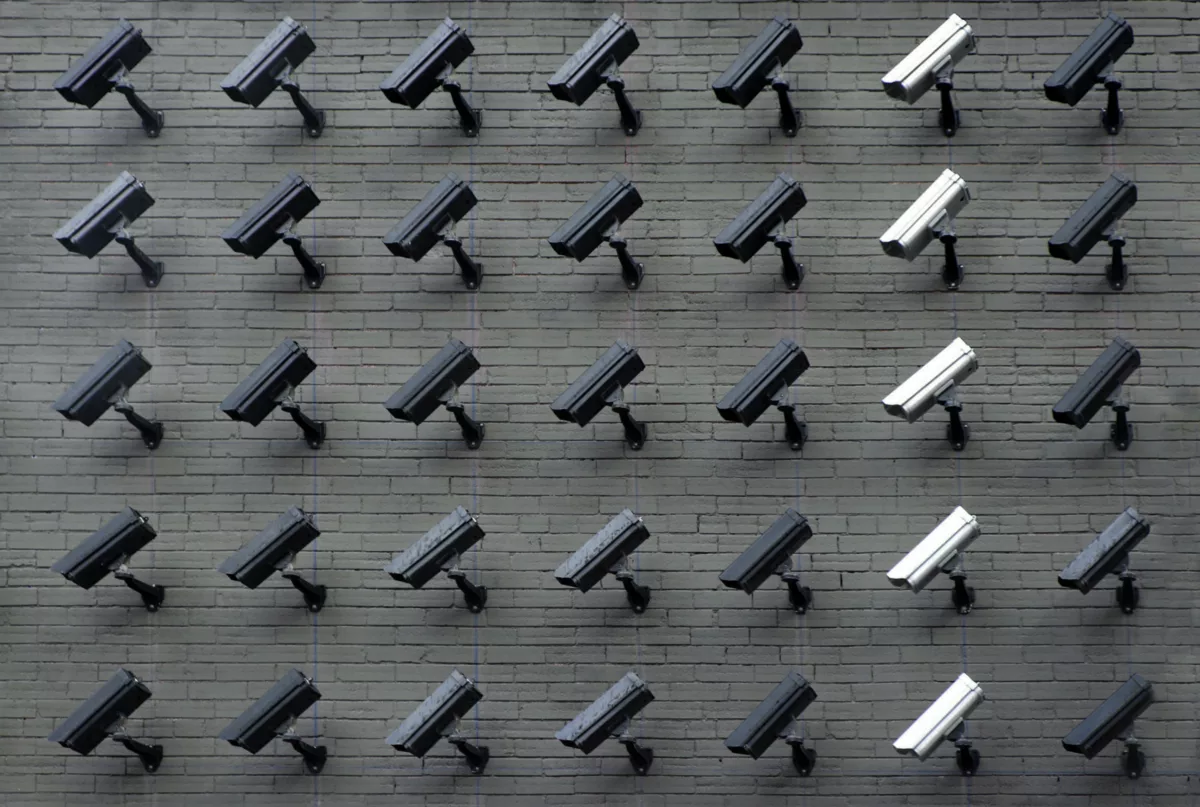
In this excerpt formerly incarcerated writer James Kilgore denounces the growing use of e-carceration technologies like ankle monitors.

This excerpt from Survivor Injustice asks us to reconsider what justice really looks like for crime victims.
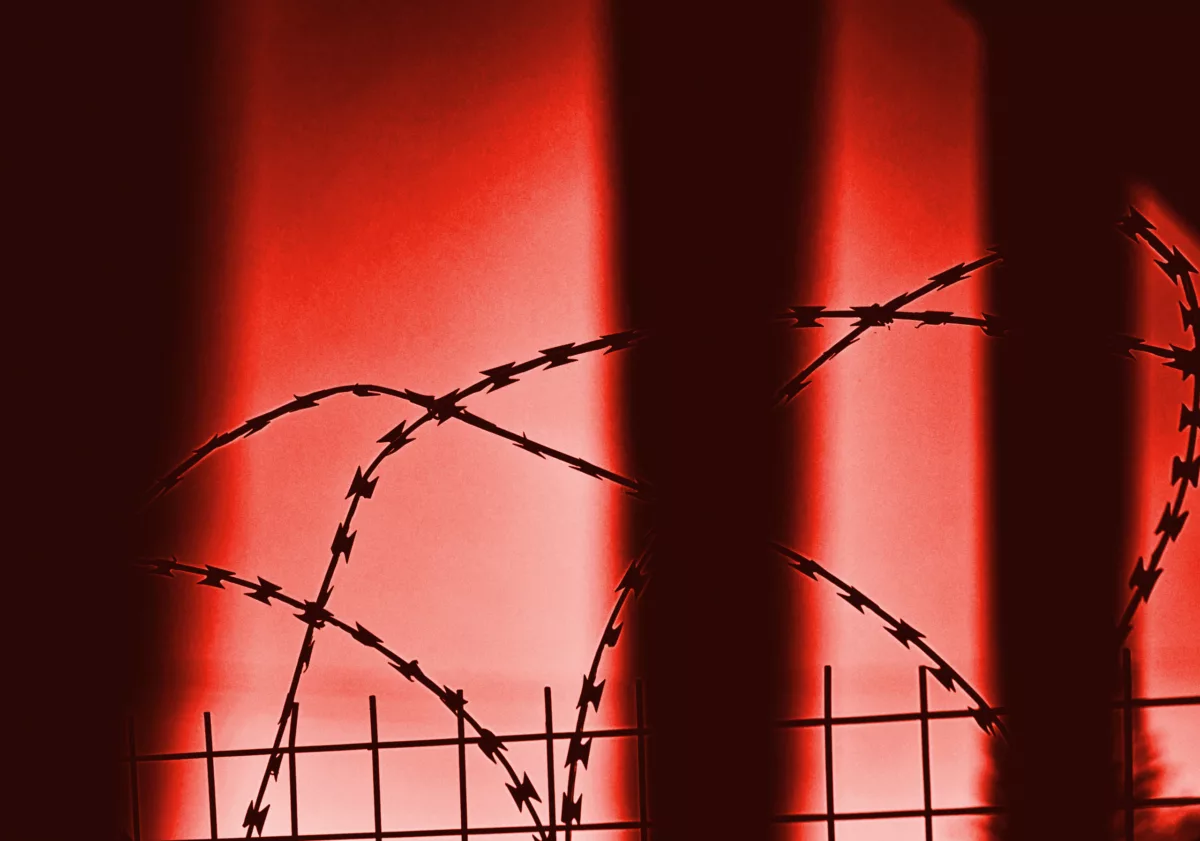
Lacino Hamilton spent 26 years in prison for a murder he didn’t commit before being exonerated in 2020 after DNA evidence cleared him.
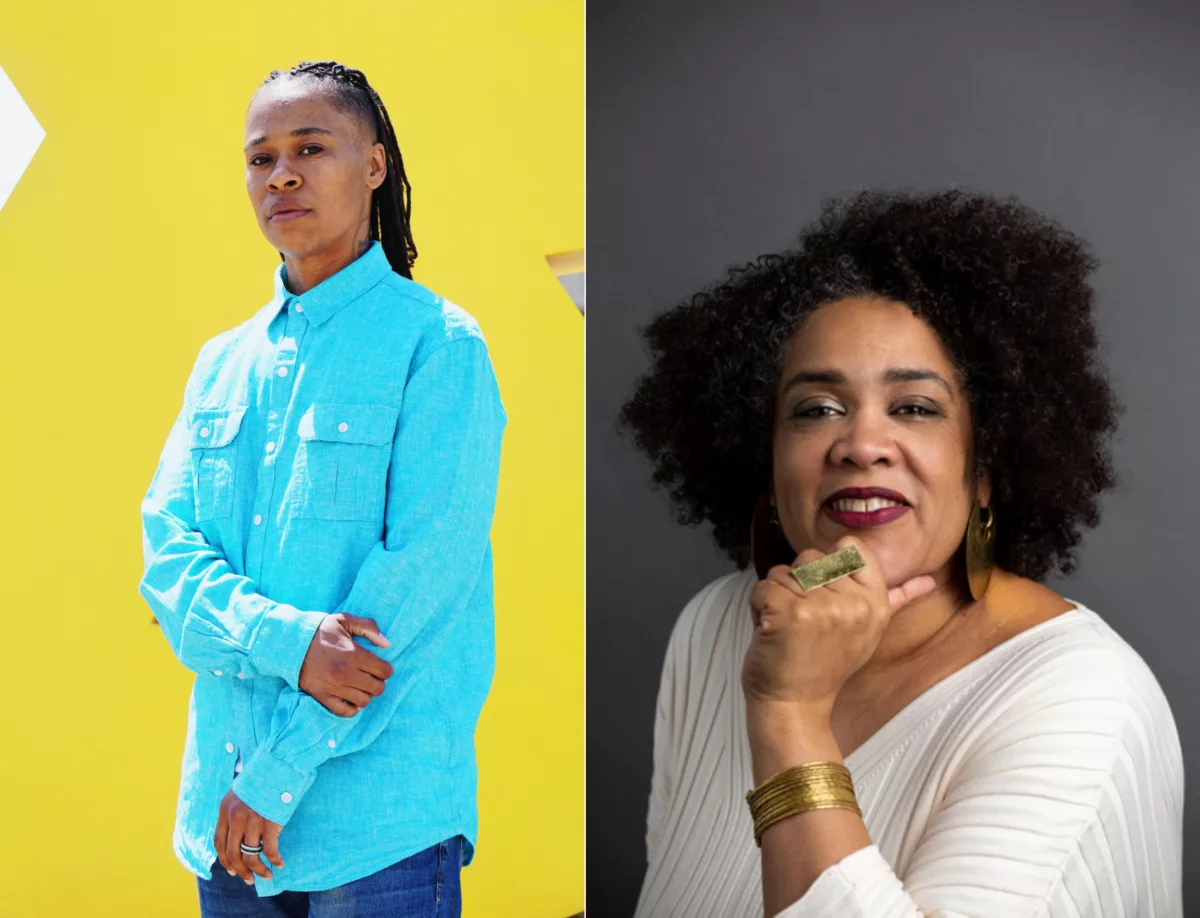
In Healing Justice Lineages, Cara Page and Erica Woodland document a history of care models that don’t involve the prison industrial complex.

No system designed to make money by subjugating people intends to rid us of those harms. Abolition is a vision for the future.
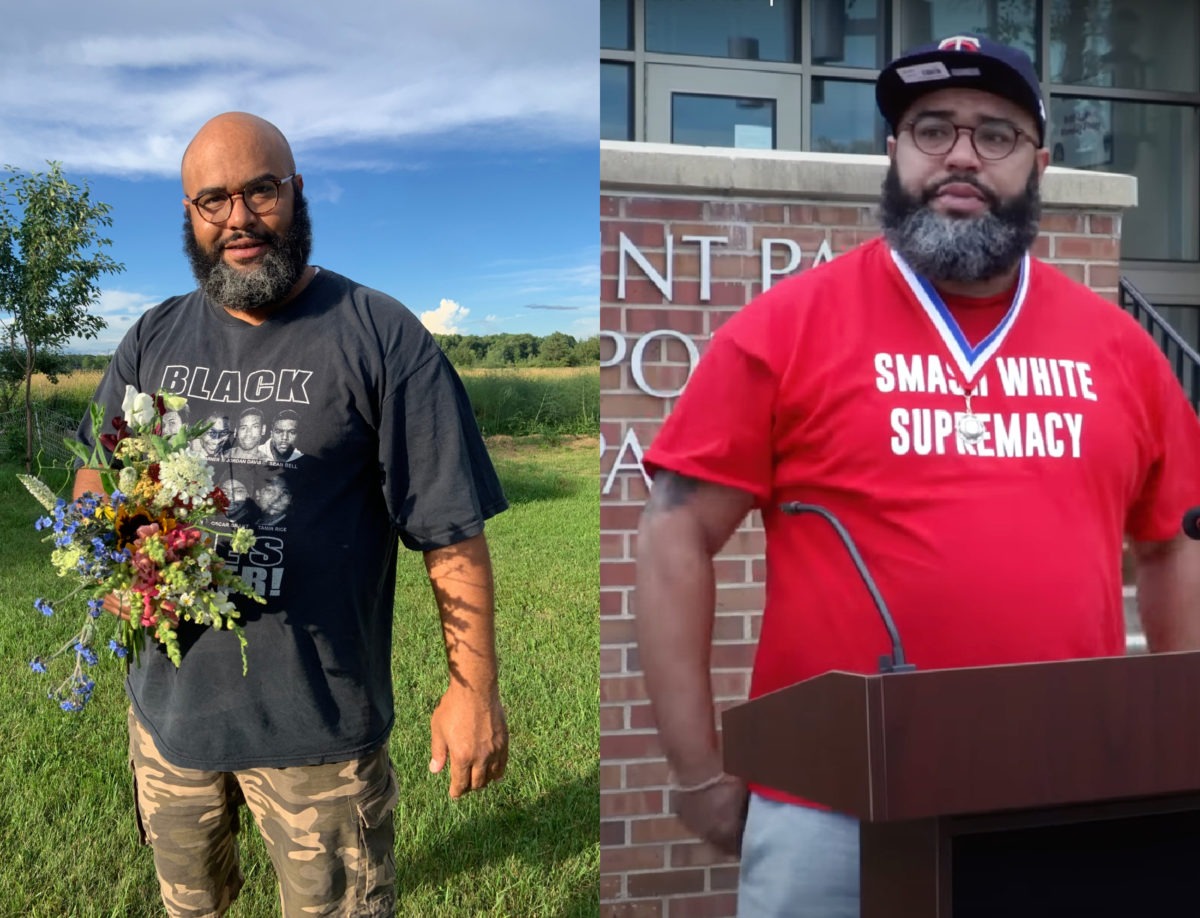
Police gave Alex Mingus an award for saving a shooting victim’s life. Mingus showed up wearing a shirt that said “Smash white supremacy”.
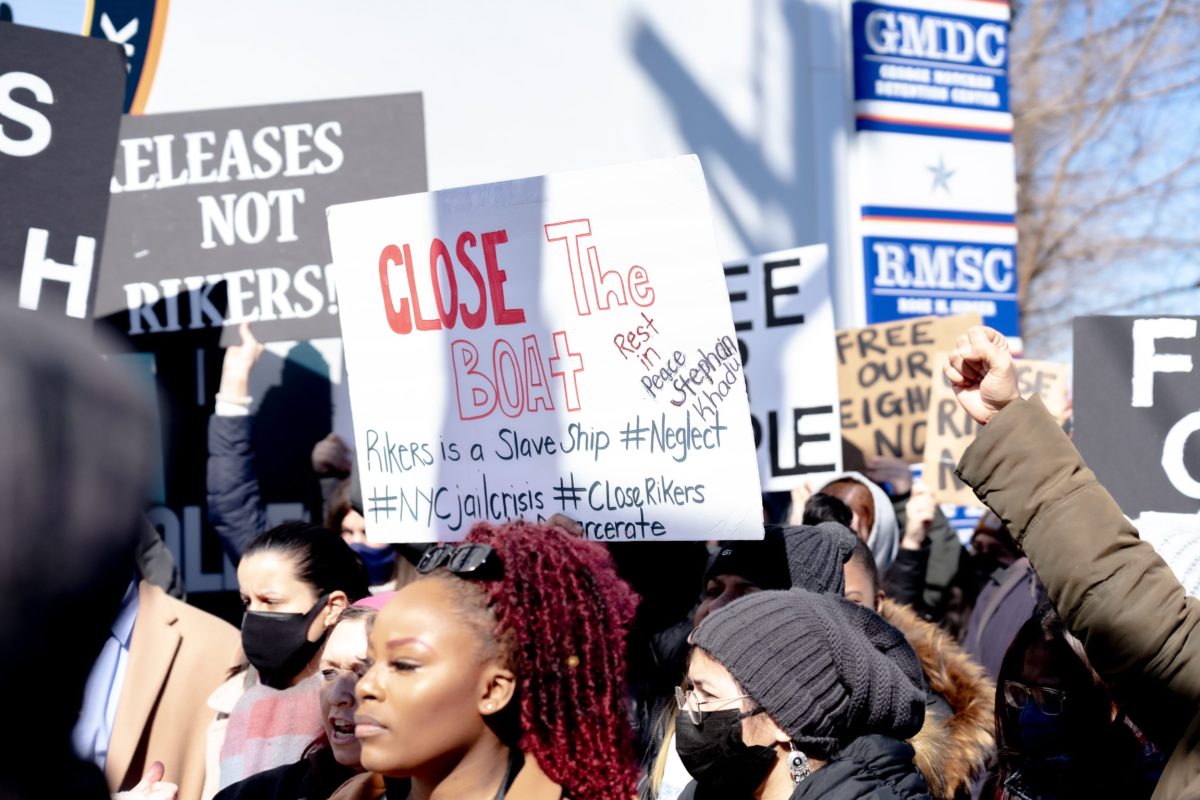
Olayemi Olurin spoke with The Appeal about abolition, living in a police state, Rikers Island, and the media.
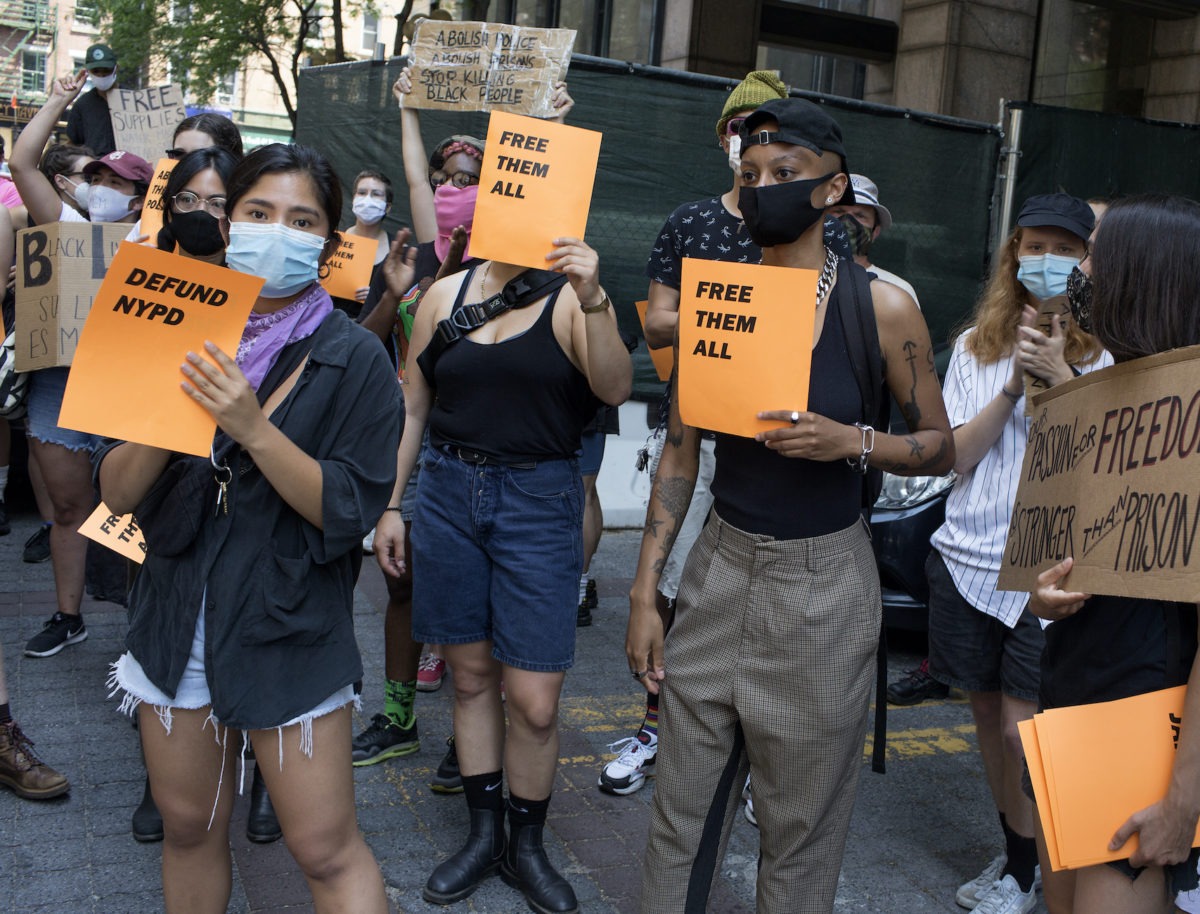
The COVID-19 pandemic and nationwide protests over police brutality are strengthening the case against mass incarceration, advocates argue.
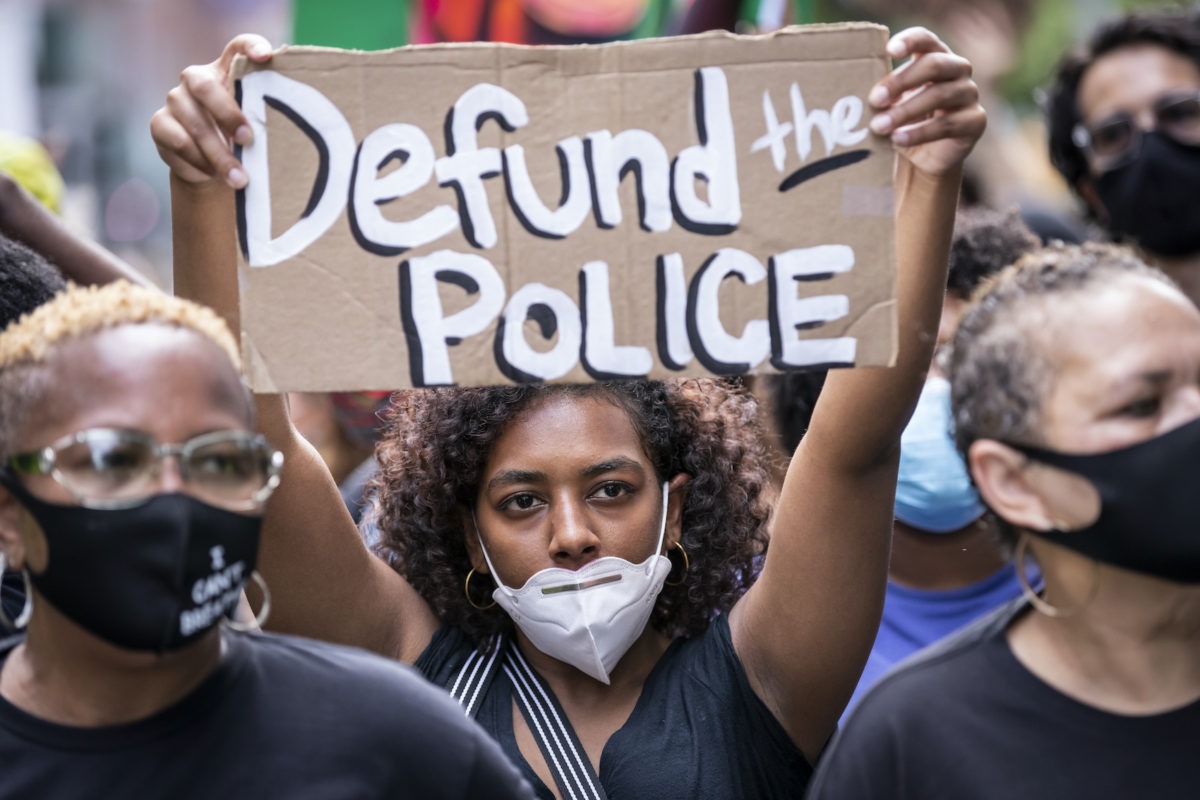
Protesters and activists have categorically changed the national conversation about public safety. Now they have to figure out how to change public policy.
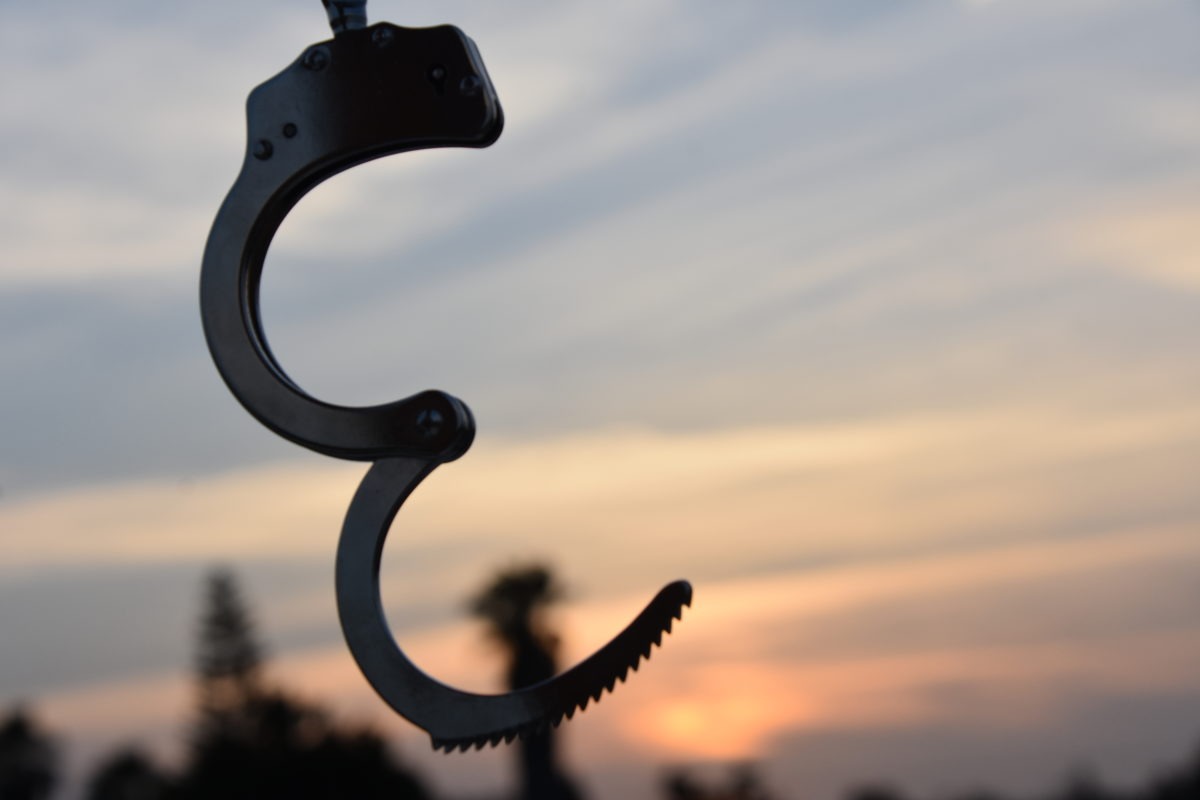
Spotlights like this one provide original commentary and analysis on pressing criminal justice issues of the day. You can read them each day in our newsletter, The Daily Appeal. Two years ago, the executive director of Just Detention International, an organization whose mission is to end sexual assault in jails and prisons, wrote in an opinion piece for […]
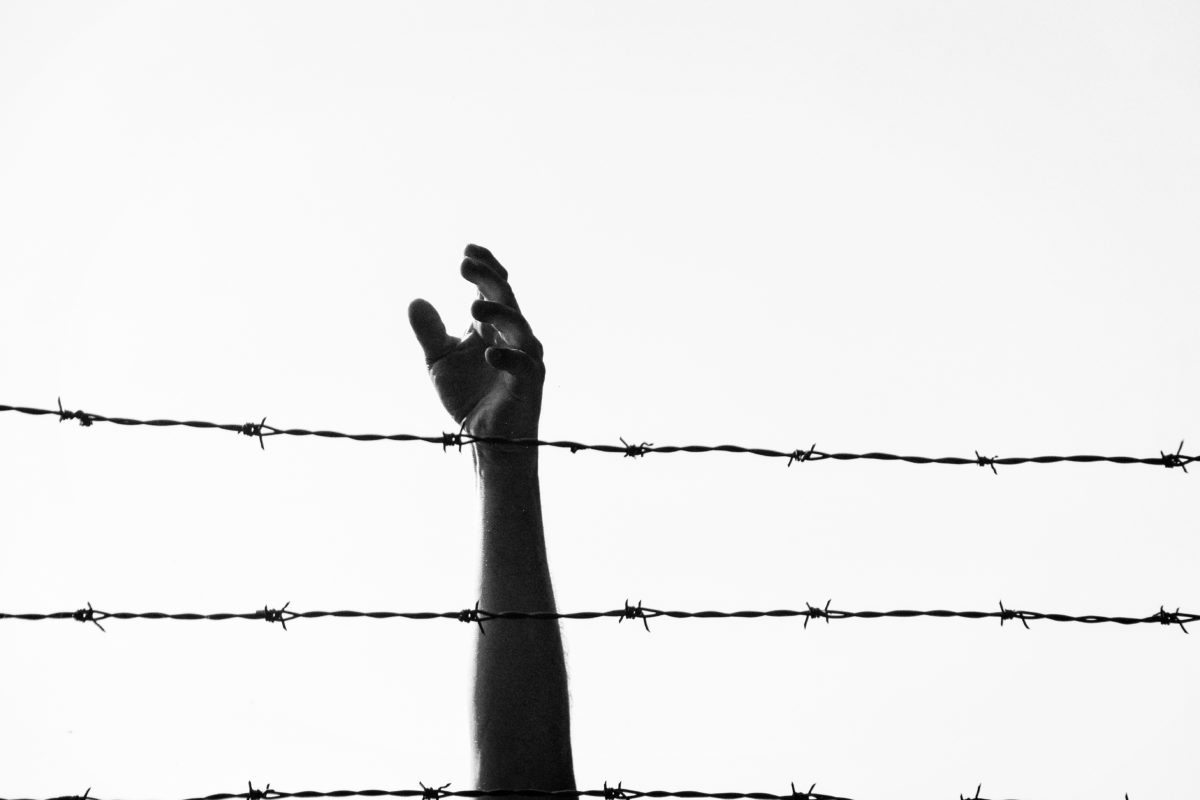
Something as basic as a government ID can be impossible to get, yet a requirement to have, for people returning home from prison.
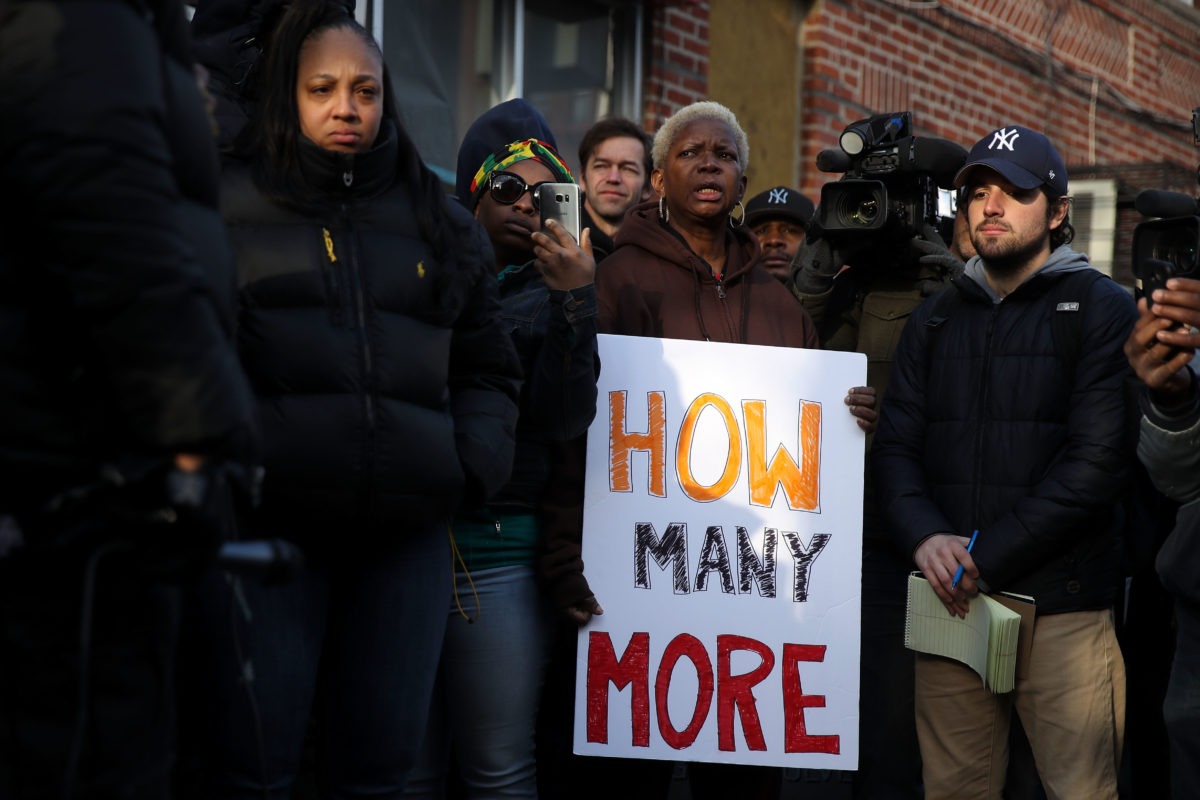
At least a quarter of all people killed by police each year suffer from untreated mental illnesss. New York City’s Public Advocate is proposing a new hotline and mental health crisis teams.
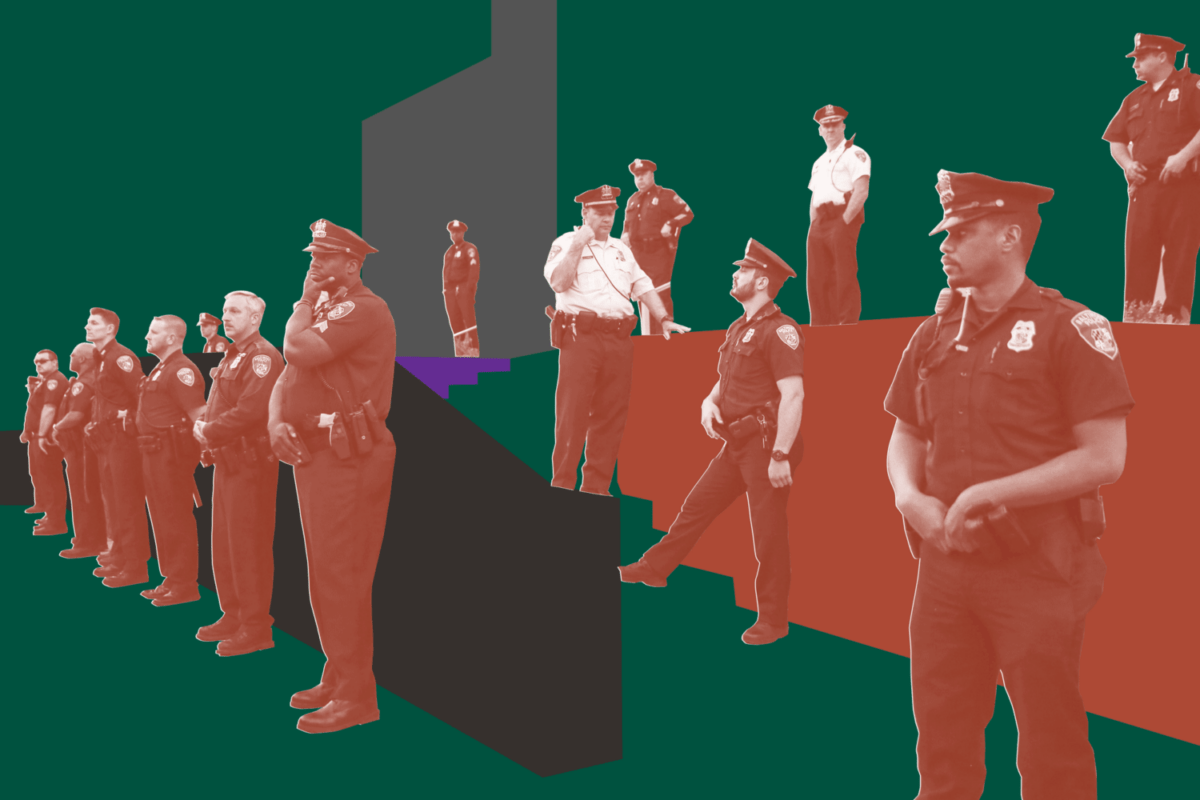
A former Baltimore cop questions how a department with a nearly half-billion-dollar budget that is riven by rampant corruption and brutality, bloated overtime spending, and unaccounted for patrol officers can continue to justify its existence
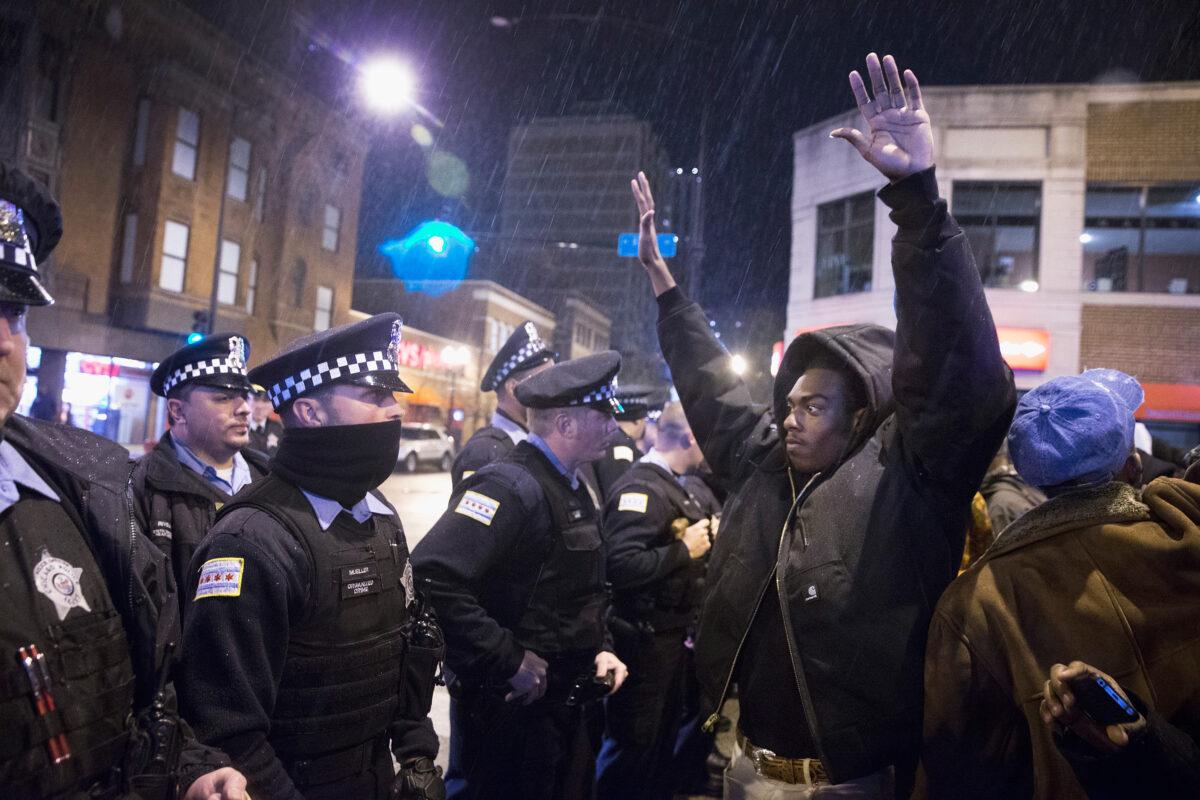
With William C. Anderson, journalist and co-author of As Black As Resistance.

The solution to problems like unsolved homicides, especially in communities of color, cannot be reinvestment in institutions that wage violence against them.
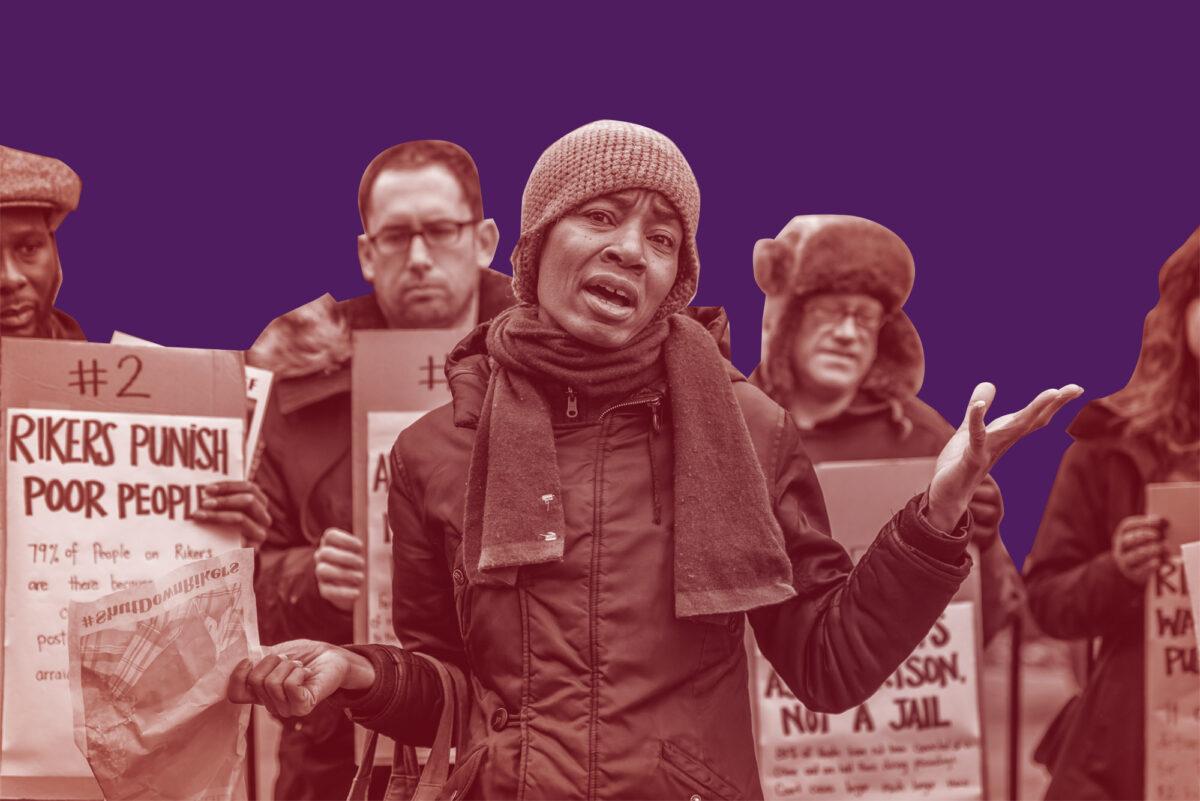
Activists say a once-radical campaign has been co-opted.
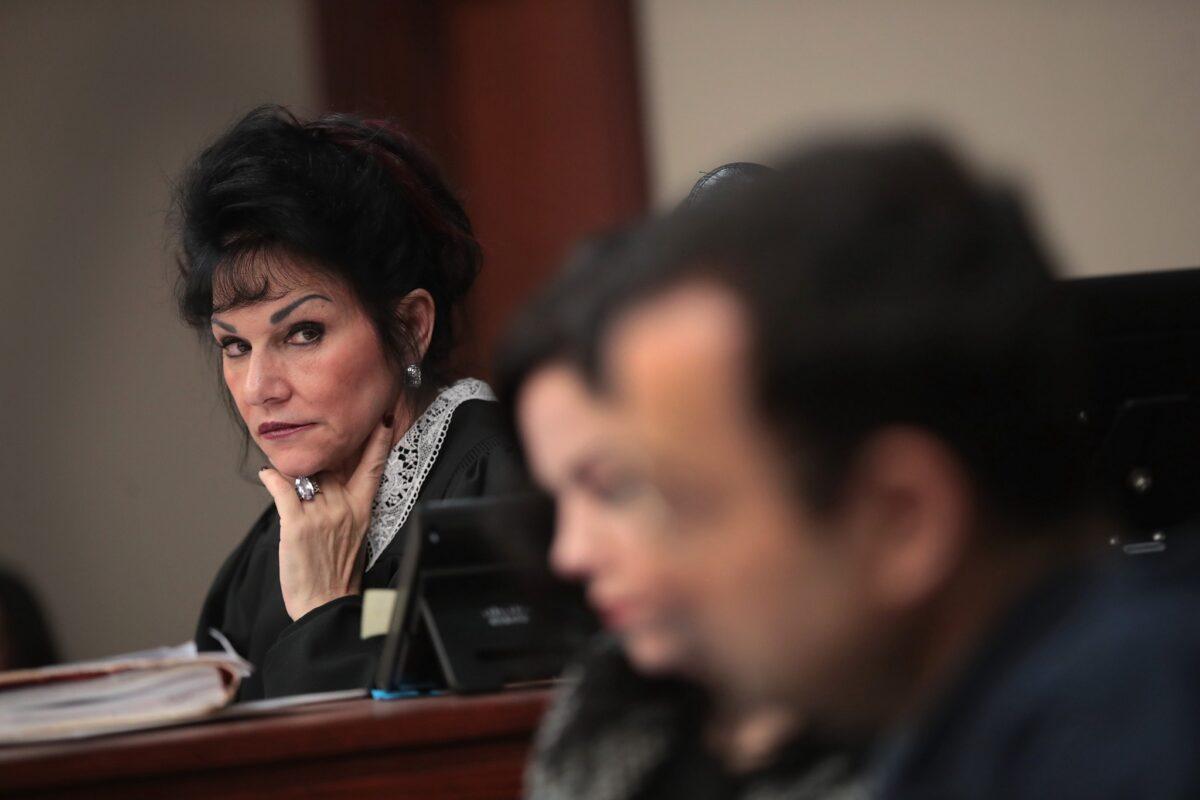
On January 24, Larry Gerard Nassar, the former national team doctor of USA Gymnastics, was sentenced to 40 to 175 years in prison for the sexual assault of minors. The sentence was handed down with biting words from Judge Rosemarie Aquilina, after a week of intense and moving pre-sentencing statements from Nassar’s victims. Aquilina noted that if the Constitution did not forbid cruel and unusual punishment, she might have sentenced him to be made a victim of sexual violence. She settled for an unsurvivable prison sentence, saying, to great public applause, “I just signed your death warrant.”